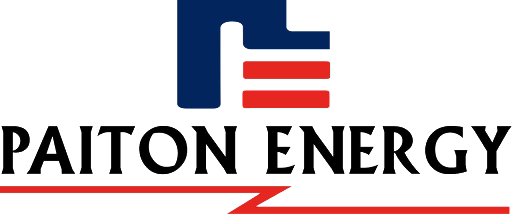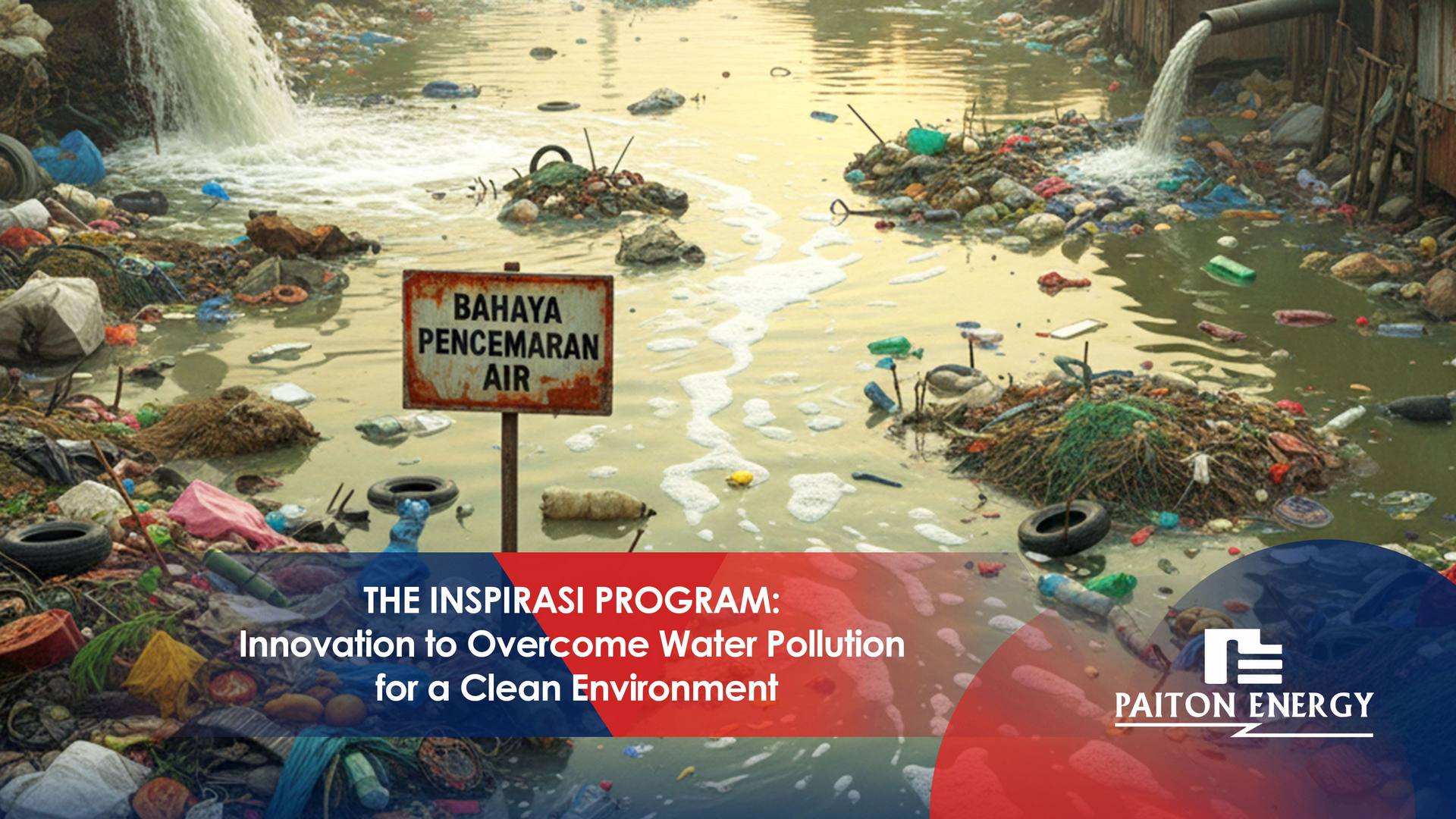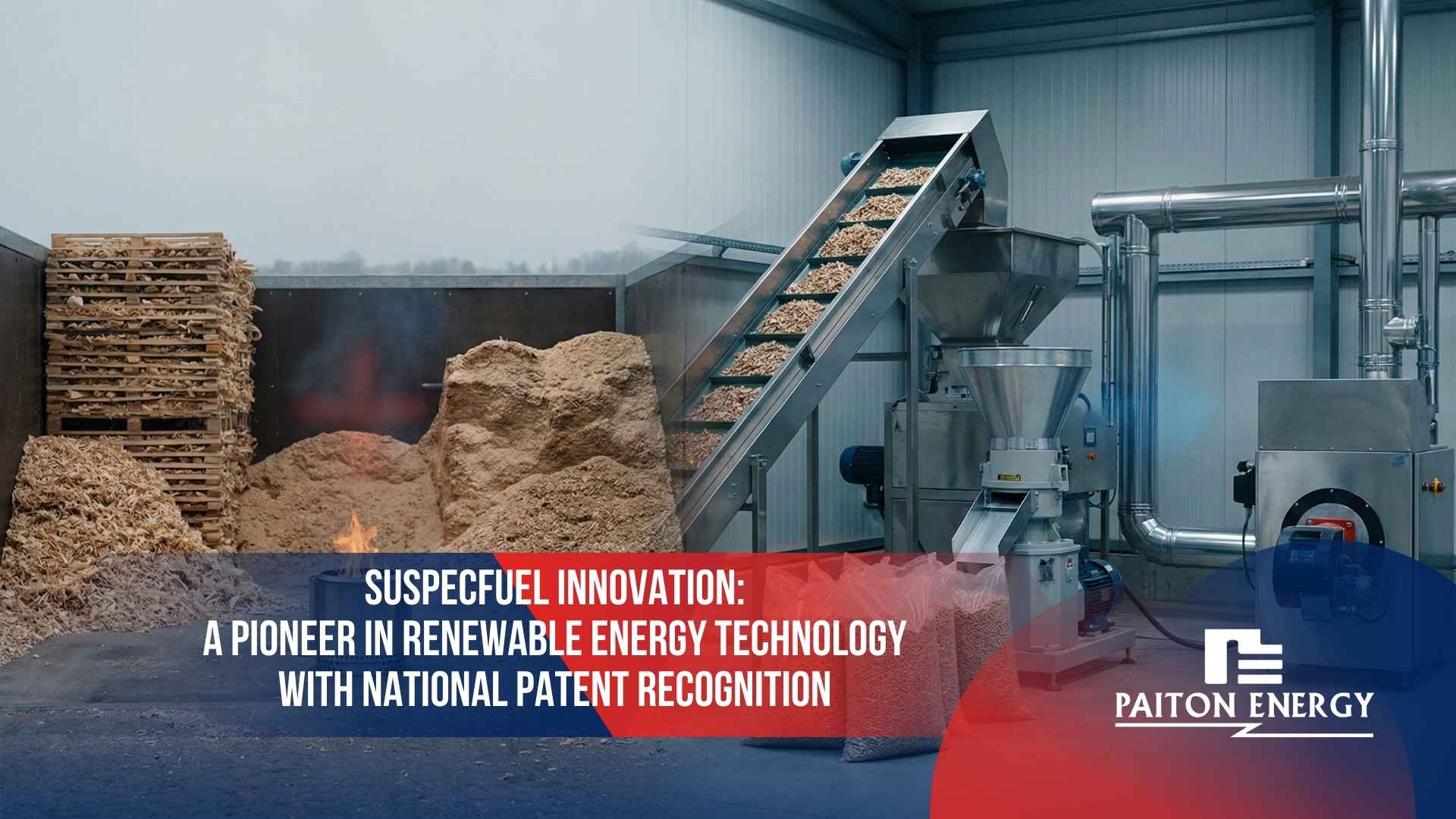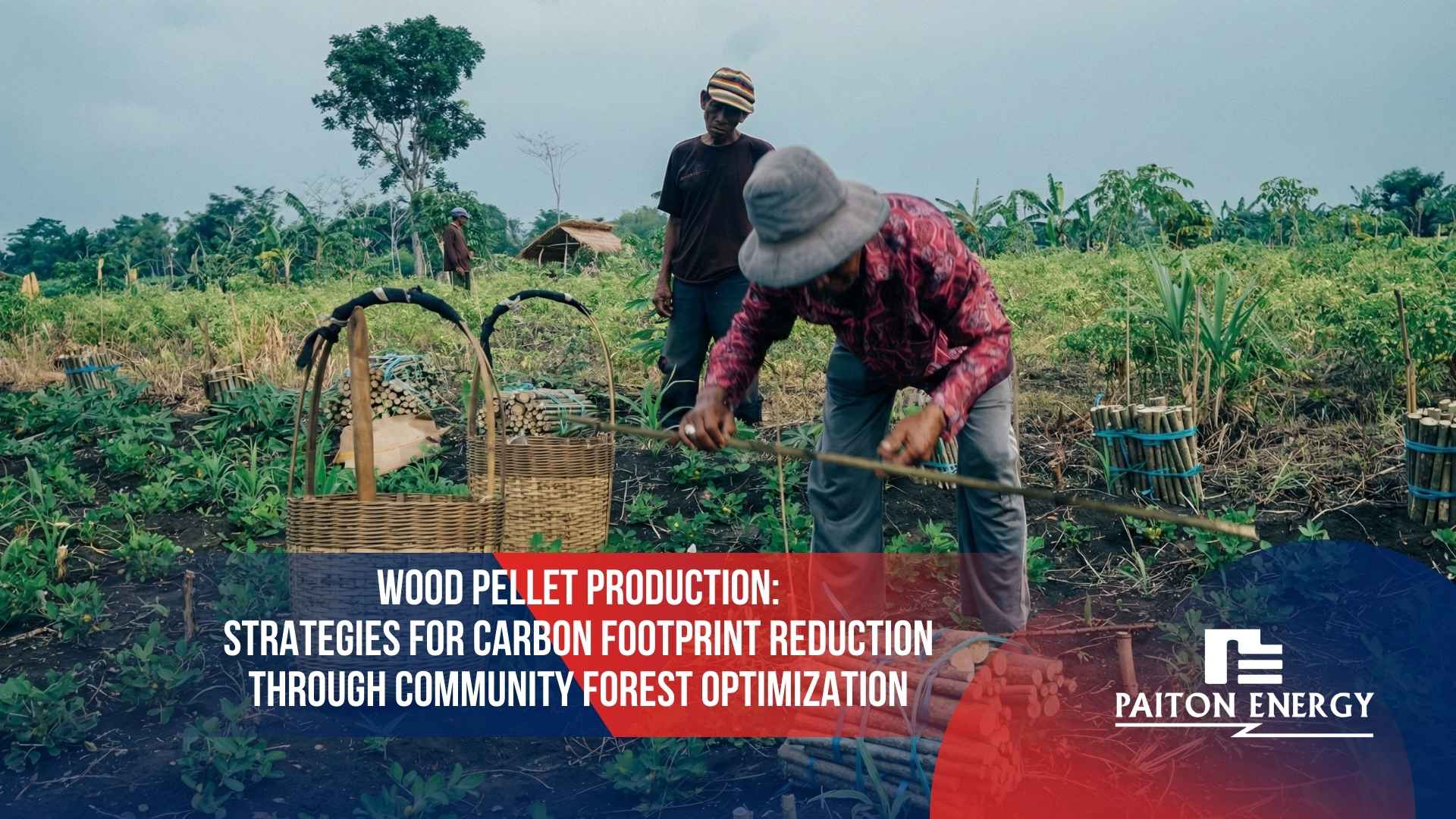Water is a vital source of life. Maintaining its cleanliness is not merely a responsibility but a fundamental necessity for the sustainability of the ecosystem and human health.
Water pollution is defined as the introduction of substances, energy, or other components into the water, leading to a decrease in water quality such that it can no longer be used according to its function. This phenomenon continues to be a serious threat.
The impacts are extensive, ranging from the spread of infectious diseases such as diarrhea and cholera to permanent damage to aquatic ecosystems.
To address this issue, various innovative efforts are continuously being rolled out, one of which is the INSPIRASI Program, which has shown significant contribution in reducing water pollution.
Background of Water Pollution
Water pollution is contamination of water sources that generally originates from human activities, such as the disposal of toxic industrial waste and household waste. The main sources of this pollution include domestic waste, trash dumped into rivers, and pesticide and chemical fertilizer residues from agricultural activities.
The implications of this contamination are highly damaging to the ecosystem and public health. In aquatic ecosystems, it can cause eutrophication (algal blooms) that deplete oxygen, create dead zones, and threaten biodiversity.
For the surrounding community, exposure to polluted water leads to an increased risk of disease and economic loss due to disruption of the fisheries and tourism sectors.
The INSPIRASI Program: Definition and Objectives
The INSPIRASI Program, an acronym for Inovasi Pengelolaan Air Bersih untuk Peningkatan Kualitas Hidup Masyarakat dan Penanganan Masalah Sosial (Innovation in Clean Water Management for Improving Community Quality of Life and Addressing Social Issues) , was born as an innovative response to the complexity of environmental and social problems, particularly those related to water pollution.
The main objective of the program is to improve the quality of life of the community through sustainable management of clean water and the environment. Its primary focus is on addressing one of the frequently overlooked sources of pollution: household diaper waste.
This program is designed not only to clean the environment but also to empower the community to become agents of change.
Contribution of the INSPIRASI Program in Reducing Water Pollution
The core contribution of the INSPIRASI Program lies in the implementation of innovative appropriate technology. The program initiated the use of an innovative grinding tool called “Lagilapo” (alat giling gel popok – diaper gel grinding tool).
This tool is designed to process used diaper waste by separating the absorbent gel (which is difficult to decompose) from the fabric. This separation plays a critical role in reducing the level of water pollution, as diaper waste previously dumped carelessly into rivers or trash bins can now be processed more safely and environmentally friendly.
In addition to technological innovation, the program’s contribution extends to several aspects:
- Education and Community Empowerment: The INSPIRASI Program actively changes community behavior. Environmental awareness is increased, encouraging the habit of not disposing of diapers carelessly.
- Waste Management: By facilitating the recycling of used diapers into materials that are easier to process, the program ensures that waste does not contaminate water sources.
- Cross-Sector Collaboration: The program has developed into a diaper waste management facility in Probolinggo Regency through cooperation with various parties , including local community groups who now gain economic benefits from the sale of sorted used diapers.
- Food Security: As an integral part, the program also fosters a movement to love planting and consuming vegetables, creating local food security that indirectly supports a clean environment.
Tangible Impact of the INSPIRASI Program
The impact of the INSPIRASI Program in the field is highly tangible. Behavioral change at the community level is a significant result, where awareness of the importance of maintaining water cleanliness has taken root.
This innovation can reduce the volume of diaper waste floating in rivers and water sources , which was previously a common sight and a major cause of local water pollution.
This improvement in water quality not only saves the ecosystem but also creates economic benefits for the waste management groups, making the program sustainable.
Challenges and Program Development Efforts
Despite its success, the INSPIRASI Program faces challenges, such as the sustainability of the budget and the expansion of its reach. Varying levels of community awareness in each region are also an obstacle.
For future development, the program plans for further innovations , including the utilization of the ground diaper material into value-added products and the integration of a simple water quality monitoring system, ensuring that the effectiveness of water pollution reduction continues to increase.
The INSPIRASI Program has proven itself as an innovative and effective effort in reducing water pollution.
Through Lagilapo technology and a community empowerment approach, the program not only addresses diaper waste as a significant source of pollution but also builds collective awareness.
Considering that water pollution is a complex and continuous problem, the contribution of the INSPIRASI Program is an essential step forward. This success must be supported and replicated, inviting all parties to actively participate in realizing a clean, healthy environment and sustainable water resources.




